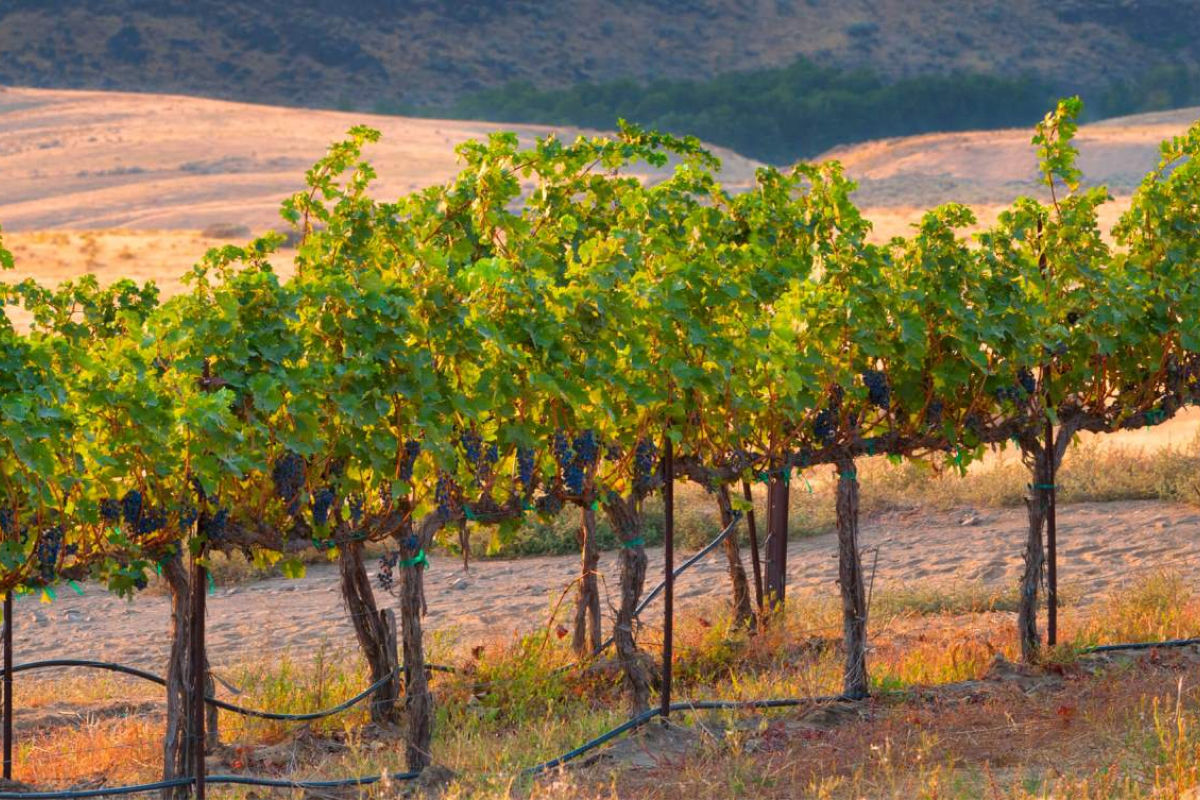Sustainability
As longtime stewards of the land, we are committed to better understand and nurture the land we farm. We are driven to help protect the ecosystems that sustain our businesses and ensure we operate responsibly with respect for the environment. Not only does this result in producing the best quality wine possible, it is the right thing to do for our company and our community.
14 Hands Winery is proud to be LIVE and Salmon-Safe certified. These might sound like fancy certifications, but in reality, what they acknowledge is both simple, yet impactful.
LIVE (Low Input Viticulture and Enology) is a non-profit organization which promotes the use of sustainable, environmentally safe, economically feasible and socially acceptable control methods. For more information on LIVE visit liveinc.org.
The Salmon-Safe label on a bottle of wine means the grapes used in that wine were grown using healthy practices that keep Pacific Northwest rivers clean enough for native salmon to spawn and thrive. For more information on Salmon-Safe visit salmonsafe.org.
Over 40 years of innovation includes research dedicated to water and pest management, planting systems, mechanization, trellising and training systems, cover crops, pruning and cold hardiness. The research trials have taken place on our own or our growers’ estates and, often, in cooperation with Washington State University.

Sustainability in our Vineyards
When the primary source of your business originates from the natural world, it is imperative to maintain that source in the most sustainable way possible. Whether through sharing best practices with our network of growers or providing grants in conjunction with Washington State University, sustainable farming enhances our business and the reputation and longevity of the Washington State wine industry.
Our vineyard operations use a number of integrated pest management techniques to minimize damage from pests that are harmful to grapevines.
These techniques include:
- Using cover crops specifically designed to attract certain insects, creating an environment in which “beneficial bugs” (bugs that feed on harmful bugs and fungi) can thrive;
- Maintaining and expanding the registered virus-free mother block of disease-resistant wine grape vines; and
- Increasing the use of environmentally friendly pest control agents as well as company reliance on materials such as biodegradable soaps, oils and plant extracts.
We also mitigate soil erosion through the use of green covers of beneficial native grasses and cereal grains that also provide habitat for insects that are beneficial to its vineyards. Vineyard managers take a site-specific approach, and match cover crop types and soil mixtures to the needs and characteristics of each vineyard block.
Drip irrigation, which became prevalent in the 1970s, has had a dramatic effect on grape and wine quality, while minimizing water loss by delivering water to the plant’s roots (as compared to overhead systems that water the entire vineyard).
